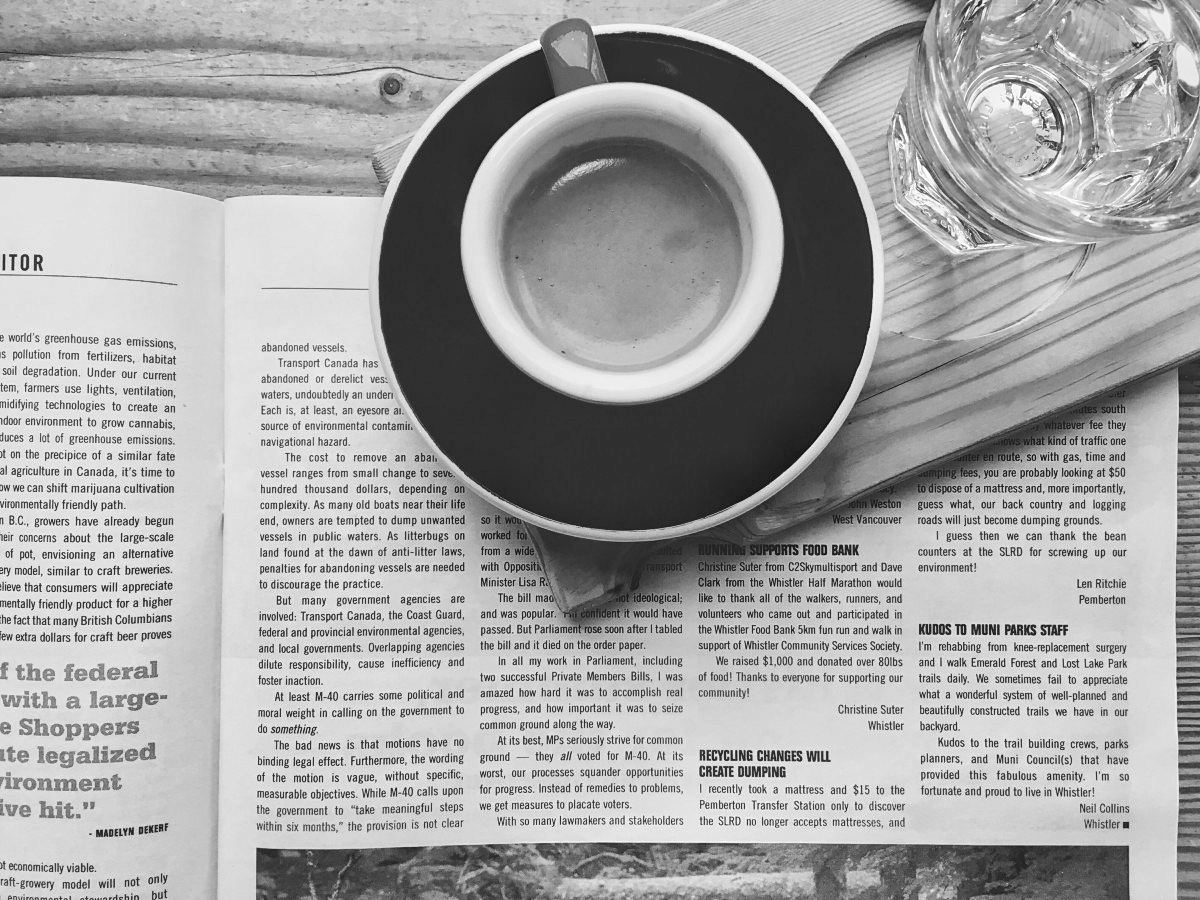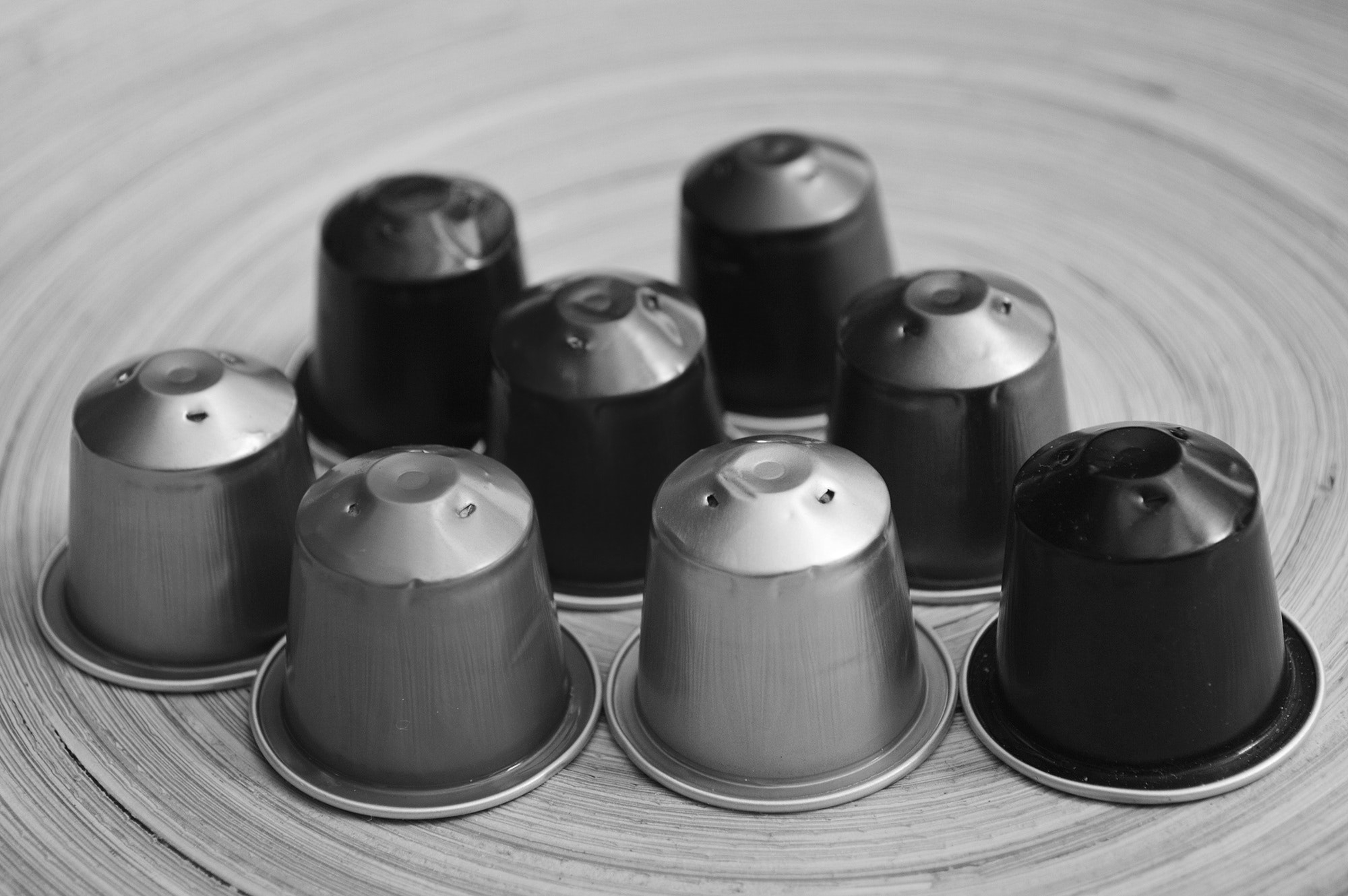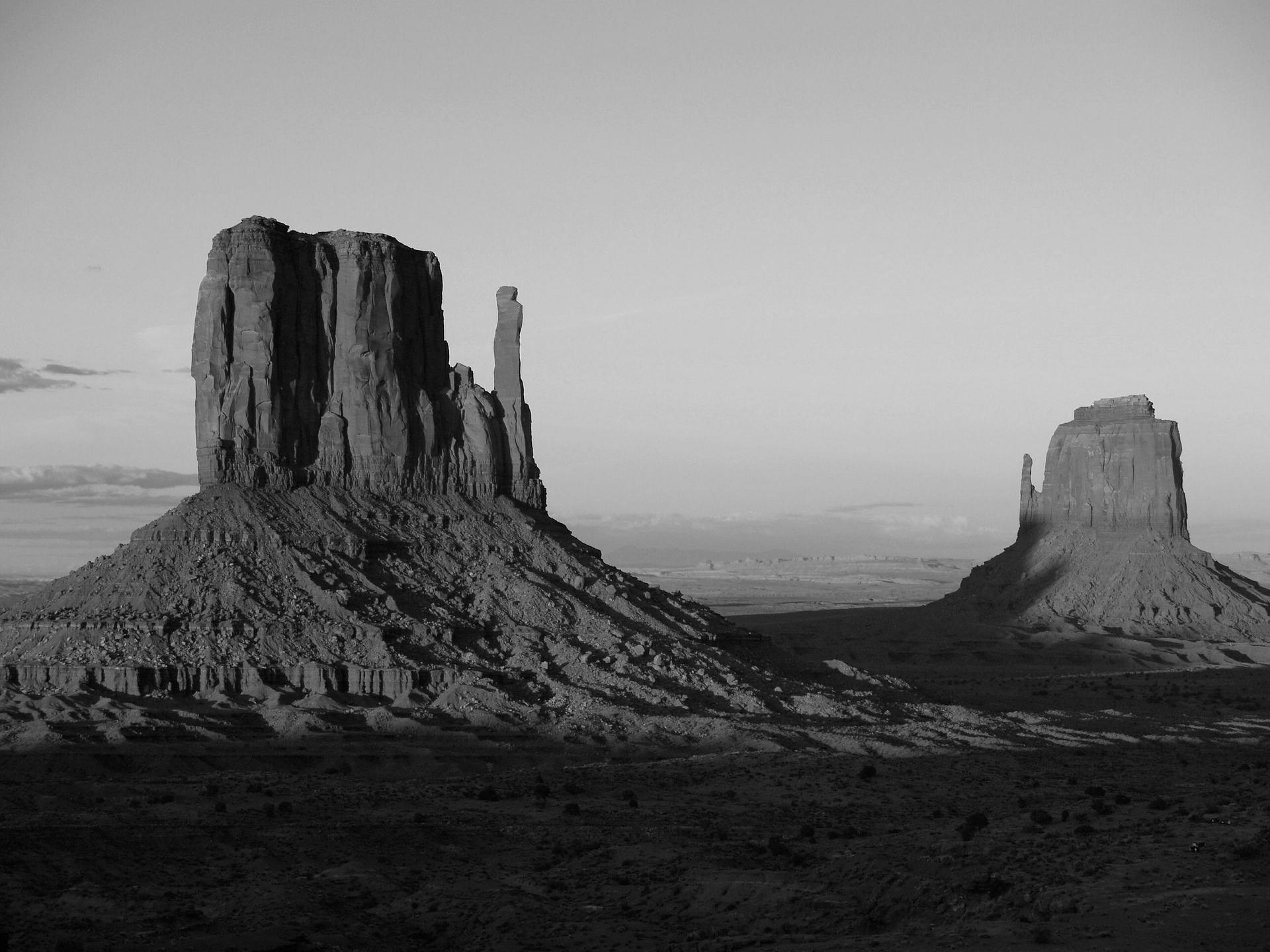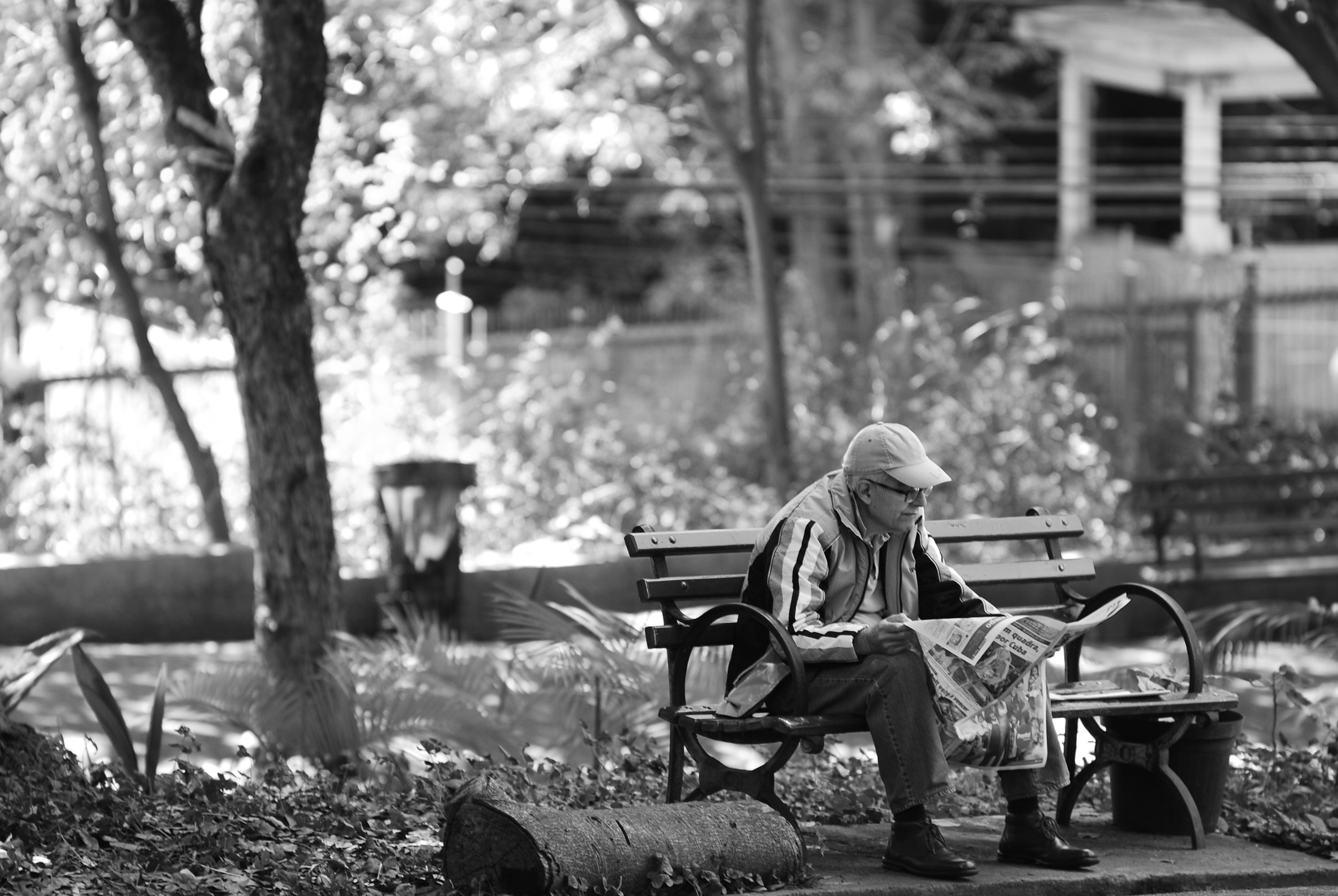A Fundraiser for Gaza Hopes to Wake Up the Coffee Industry
For 18 months, the coffee industry has remained mostly silent about the ongoing destruction of Gaza. A new fundraiser hopes to raise money—and jolt the industry awake.

Last week was a busy one for coffee. The Proposition 65 ruling came down in California, forcing cafes and roasters to display cancer warnings on cups and coffee bags. That news essentially dominated the week, and the reverberations are still being felt across the industry.
But time waits for no ridiculous lawsuit. We must press on, and this week has been another one full of interesting stories and, as usual, plain weirdness. Let's take a look.
Does this come as a surprise to anyone? What with leaving the Paris Climate Agreement, various tariffs on foreign goods and a general creeping nationalistic insularity, it was only a matter of time before the US Government decided coffee was next.
The International Coffee Agreement, if you didn't know, is a commodity accord between producing and consuming countries, and has been in place in various forms since 1962. The goal, according to the International Coffee Organization (ICO) who administer it, has been to support the production and consumption of coffee from origin to cafe. 97% of producing countries and, until now, 83% of importing countries were involved,
According to Daily Coffee News, "The ICO today is primarily concerned with facilitating intergovernmental collaboration and private sector collaboration while providing data and analysis to policy-makers — all in an effort to promote a more sustainable, less volatile sector that benefits everyone involved in the coffee trade."
Hopefully the Specialty Coffee Association and National Coffee Association will continue to work with the ICO despite this setback, and it should be noted that a previous US administration withdrew from the agreement and then returned. Don't hold your breath, though.
Read more here.
Coffee pod machines are simple, cost-effective and ubiquitous. They make it easy to brew a single cup without needing a grinder, pour-over device or five free minutes to concentrate.

The pods themselves, however, are a bit of an environmental nightmare. They're made from plastic and aluminium, are tricky to recycle and, even when they are labeled as "biodegradable", they... tend not to be.
Enter the Eden Project—the Cornwall-based venture consisting of a network of biomes, eco-attractions, an environmental education center and an extended music festival previously headlined by the likes of Dizzy Rascal, Elton John, Blondie and Motörhead. They also sell recycled wine glasses and environmentally friendly hammocks in their online shop.
They have released a range of coffee capsules that fit Nespresso machines and, they claim, will break down in a backyard compost pile. Options include Colombia, Guatemala, Costa Rica, or Italian Espresso Decaffeinated (?) and can only be bought, because of course, from Waitrose.
Read more here.
That's a long headline. But seriously, watch out for JAB Holdings.
Not content with buying Intelligentsia, Peet's and Stumptown, the German investment company has added another coffee company to its lineup, with the backing of new online marketplace Trade, which launched this week. A direct-to-consumer online store, the site offers 50 of the best-known roasters in the country, a lineup which JAB presumably aims to use as a shopping list.
In related news, La Colombe is on the hunt for investment, according to The Street, a move which will apparently see the Philadelphia-based coffee company valued at $1 billion. Maybe JAB has seen their next target.
Read more about Trade here.

Now for a good news story from Utah.
Lucky Ones Coffee, a new cafe in Park City, Utah, employs fourteen people, all of whom have some sort of disability. The owners, Katie Holyfield and Taylor Hopkins, both work at the National Ability Center in Park City, and joined forces to set up a business specifically to employ the people they support.
The fact that more and more of these cafes are opening is a hugely positive sign, especially in a country where 70% of disabled people are unemployed.
Read more here.
Last week was dominated by the news that coffee shops in California (and probably soon, by extension, every other state) will have to display cancer warnings due to a ridiculous court ruling. The controversy all stems from the little-known chemical acrylamide, which is produced naturally in the coffee roasting process (but also in the potato frying process, and the bread toasting process). When given to rats—in doses 1,000-10,000 times higher than a human would normally ingest—the chemical does cause cancer. But in large doses, grapefruit might cause cancer.
Of course, scientists, cancer experts and even the World Health Organization have stated numerous times that coffee is fine, and anyway the levels of acrylamide needed to maybe potentially cause cancer have to be thousands of times higher than the actual amount a human is likely to consume. But that hasn't stopped California's ridiculous Proposition 65 law ruling that Starbucks, 7-Eleven and every coffee shop with more than ten employees has to display warning signs about the terrible dangers of coffee.
It's all just ludicrous, and to illustrate, Popular Science published a great article listing all the things California has to warn you about, from Tiffany Lamps to pumpkin puree.
Read more here.
Well.

As stated above, according to the state of California it certainly is not. This is, as we've seen time and again, disputed by all the studies and journals and articles which state that coffee is, in fact, quite good for you.
However, this week a study came out which found that coffee can have an adverse effect on the anxiety-related symptoms of Alzheimer's sufferers. It should be noted that the rats in the study were given the equivalent of five cups of coffee a day, an amount which would induce anxiety in a lot of people—and a doctor quoted in the Newsweek article said that he already advises his Alzheimer's patients who are suffering from anxiety to avoid caffeine.
The doctor in question, Dr. Nikhil Palekar, medical director of the Stony Brook Center of Excellence for Alzheimer's Disease and director of geriatric psychiatry, also said, “Human brains are more complicated than a mouse brain," which is maybe something for those Proposition 65 people to consider.

If you only read one (other) thing this week, make it this article from last year in the New Food Economy, entitled Why You Can Probably Stop Freaking Out About Acrylamide In Your Coffee. It's by Patrick Clinton, and it's funny and smart and extremely informative.
Also:
In China's Tea-Growing Heartland, Coffee Is Fast Becoming the New Flavor by Charlie Campbell
Growing Gracefully: Maintaining a Company Culture That Is True to You—Part Two by Luke Daugherty
Coffee And Cancer: California Industry Leaders Respond To Judge’s Ruling by RJ Joseph
Until next week, enjoy your coffee. It's probably fine.
A newsletter about coffee—its culture, politics, and how it connects to the wider world.